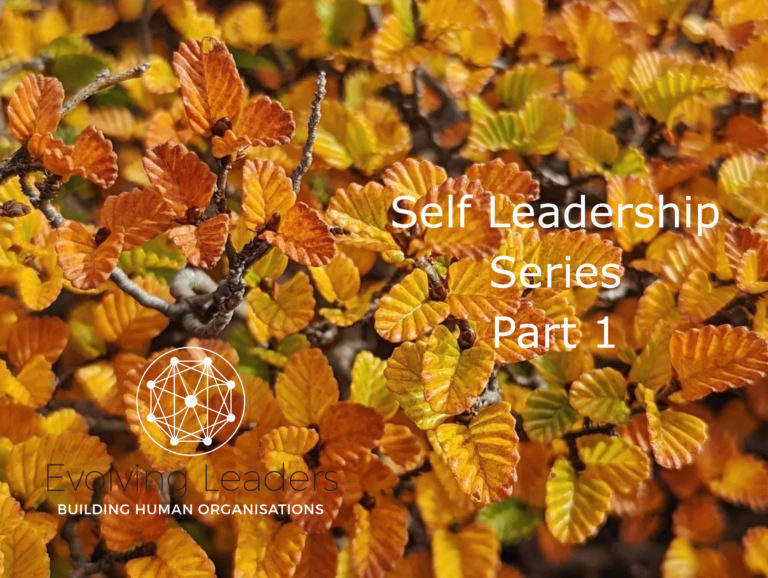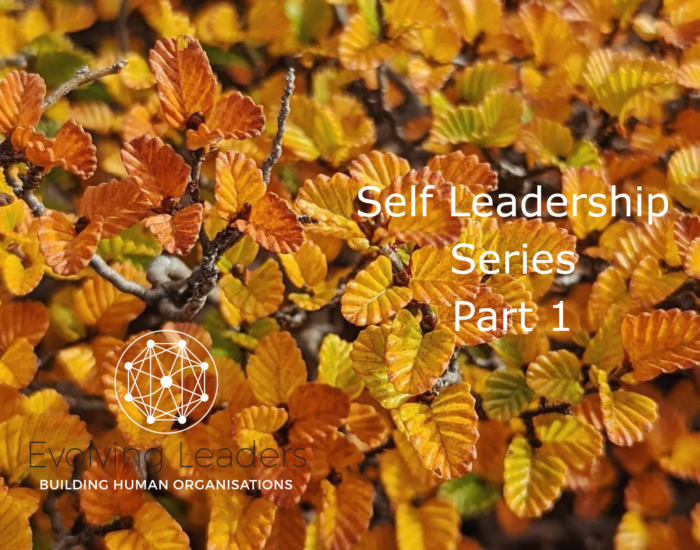#6 How are you allocating your ‘mental real estate’?
Self Leadership Series – Part 1 #6
This sixth post introduces the idea of ‘mental real estate’ as a way of thinking about how you are allocating your energy and attention. You are invited to reflect on the things that matter most to you and consider the alignment or misalignment of that with your mental real estate to sharpen your focus on what needs to change.
‘Things which matter most must never be at the mercy of things which matter least.’ – Johann Wolfgang von Goethe
This post continues the theme of the personal story that I shared in the introduction to this series – that period in my life when I found myself in a state of overwhelm and was disconnected from myself. I wouldn’t recognise until sometime later was that one of the costs of disconnection was that I had lost sight of what truly mattered to me.
During this time, a leadership coach introduced me to the concept of ‘mental real estate’. It was a classic ‘light bulb’ moment. Our mental real estate is the capacity we have to hold onto, manage and navigate everything in our lives. Our work, our relationships, our family. Our day-to-day responsibilities in the many roles that each of us has: leader, partner, parent, sibling, child, friend, colleague, etc. Perhaps our community work or volunteer work at school or elsewhere.
The thing about mental real estate is that it’s not an infinite resource. There’s a limit to how much each of us can handle. Just like ‘real’ real estate, mental real estate has boundaries that can’t be expanded. The more we commit to extra things in our lives – the more we say ‘yes’ to every request or offer – the more our mind starts to push up against those boundaries.
Eventually it becomes like overpacking a suitcase and then still trying to get more in: something has to give. This is the point at which we are over committed.
The impact of this situation will be familiar to many leaders and other busy people. We start to lose focus on the things that really matter to us. We can get locked into ‘thinking and doing’ and lose the ability to ‘feel and be’. We can become overwhelmed, as I was. Stuck on a treadmill, we can become overly stressed – certainly stressed beyond a healthy level – and start making poor decisions. This diminishes our wellbeing and starts to affect our happiness, relationships, and overall performance.
It’s important to realise that, just like the real estate we live in, a lot of what is crowding our minds in these situations is clutter we don’t really need. It is noted in popular psychology that of the estimated 70,000* thoughts we have a day approximately 80 percent are not helpful in moving us forward. This mental clutter gets in the way of our ability to think clearly and make good decisions. It can lead to unnecessary overwhelm.
Reserving as much mental real estate as you can for the stuff that actually matters is the key here as our mental real estate is a precious commodity.
Activity – Allocate your mental real estate
Here’s a simple activity that might help you think about what you are allocating to your mental real estate and whether it could do with some decluttering.
- Bring into your awareness the things that matter most to you in your work and life: those things – people, places and experiences that make you feel full, happy and satisfied. Allow yourself a few moments to write in your journal, or even on a piece of paper:
- What matters to you most?
- What is most important for you in your life and leadership?
- Now ‘zoom out’ to take in everything that you have on your plate right now. All the tasks and roles that you are (or feel) responsible for right now.
- Are you making a concerted effort to ensure that some of your mental real estate is reserved for those important aspects of your life? Or is this exercise simply too hard due to your mental real estate being overcrowded?
- Is there an alignment? Is the stuff that is keeping you busy, and therefore occupying most of your ‘mental real estate’, contributing to those things that are most important to you?
- What do you notice?
- Does something need to change?
Bringing our conscious awareness to the things that matter most to us and the alignment or misalignment of how we are allocating our mental real estate to that is a great way of sharpening our focus on what needs to change. A leader I was working with shared their experience of this process:
‘When I did this exercise some years back, I noticed that where I was spending my energy and effort was definitely not in alignment with the things that mattered the most to me. The people I cared most for were simply not getting the allocation of me (my mental real estate) that they deserved, and that I truly wanted to make available for them. Work, and my inability to switch off from it, was completely and unnecessarily consuming me. It was impacting my sleep, I had little clarity of thought and I was often making poor decisions.
Something needed to change.
I set an intention around that making a change and through making different decisions and choices I was able to better align my mental real estate with what matters most. The concept of ‘mental real estate’ continues to be a useful frame for me to use on an ongoing basis when I invariably wander off track and need to re-navigate and focus my priorities.’
How are you currently allocating your mental real estate?
Does something need to change?
The next post in this series will introduce the Three Keys to Practicing Self-Leadership – aka the ‘how’ of practicing self-leadership where we will move from theory to action!
*Joe Dispenza, Breaking the Habit of Being Yourself (Hay House Inc., 2013).
This post is an excerpt from my draft book Activating Self Leadership.





